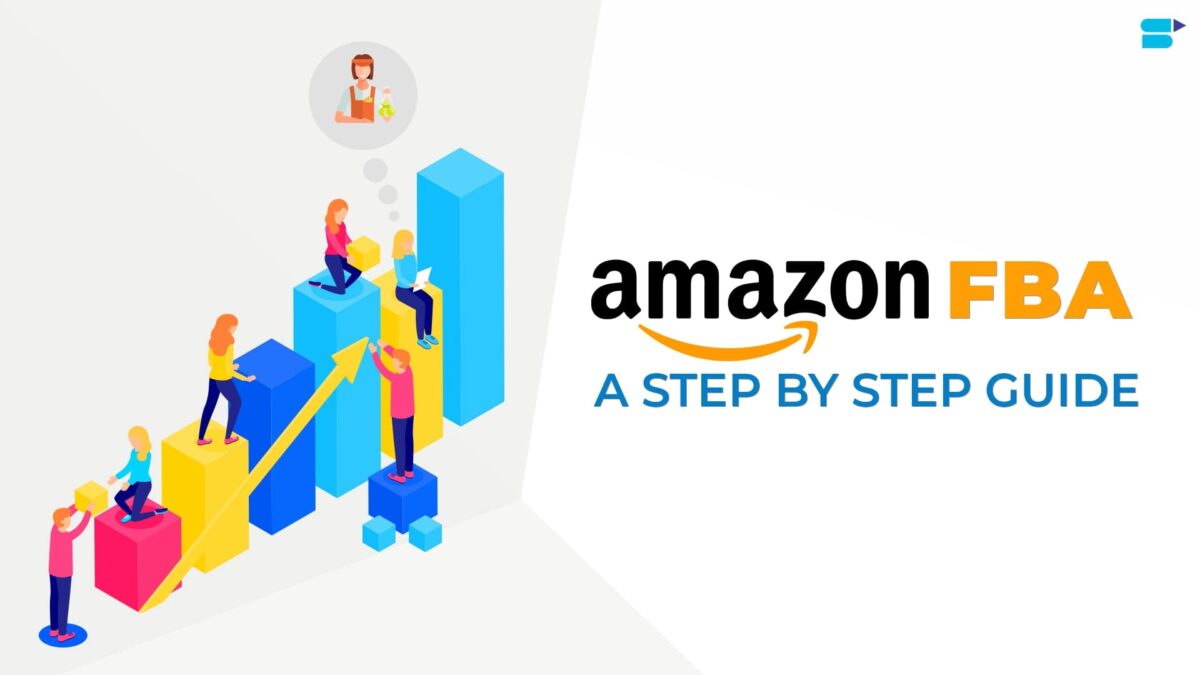FAQs
What legal requirements are needed to start an Amazon FBA business?
Starting an Amazon FBA business requires adherence to taxation, licensing, and product safety regulations. Ensure compliance with local and Amazon’s policies.
How much initial investment is needed to start an Amazon FBA business?
The initial investment varies based on product sourcing, inventory, marketing, and operational expenses. A rough estimate could range from $2,000 to $10,000 or more.
Is it necessary to have experience in e-commerce to start an Amazon FBA business?
While prior experience can be beneficial, it’s not mandatory. Learning resources, online courses, and practical experience can bridge the knowledge gap.
How long does it take to see profits in an Amazon FBA business?
Profit timelines vary based on product demand, marketing efforts, and competitive factors. Some sellers start seeing profits within a few months, while others might take longer.
Can I run an Amazon FBA business part-time?
Yes, Amazon FBA allows flexibility. Many sellers begin part-time and gradually scale their business based on their availability and commitment.
What are the common mistakes to avoid when starting an Amazon FBA business?
Common mistakes include inadequate market research, poor product selection, pricing errors, and neglecting customer service.
Read More:-How to start dropshipping in USA in 2024
Read More:- Top 5 Online Business Ideas You Can Start Quickly

